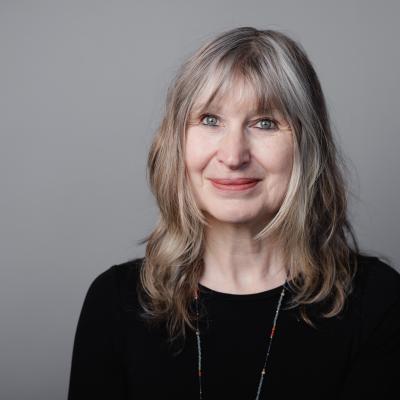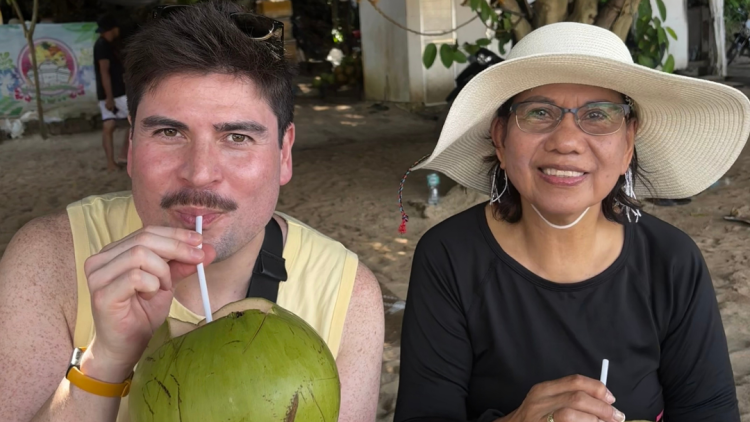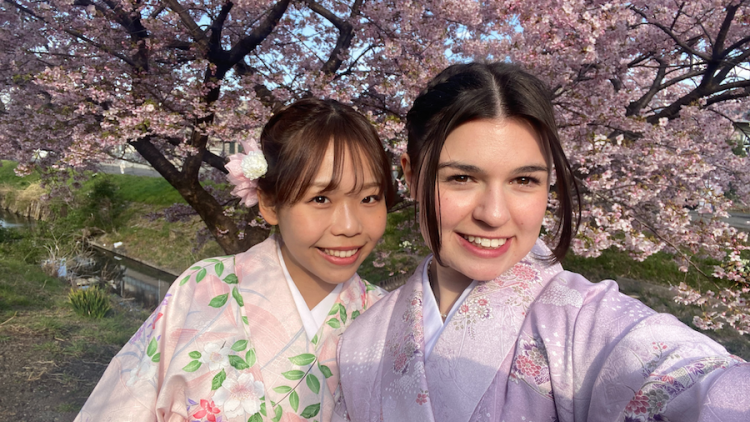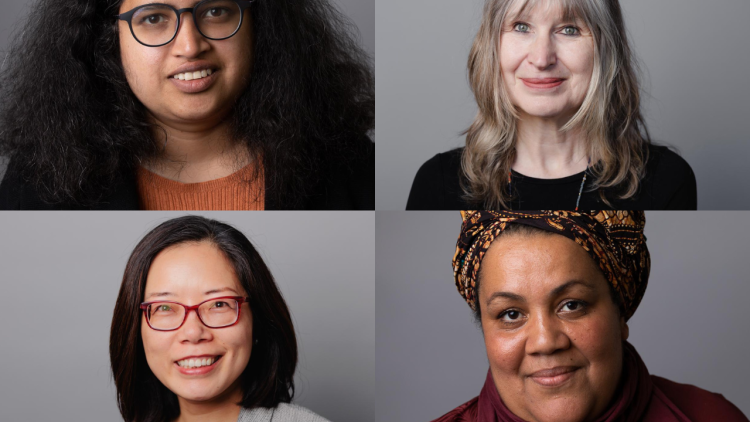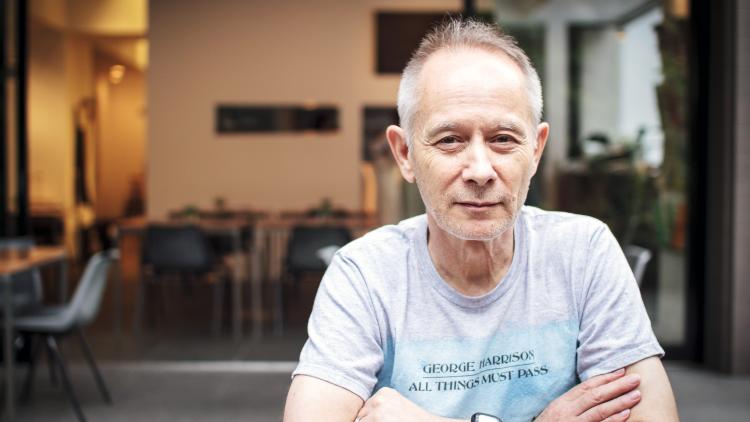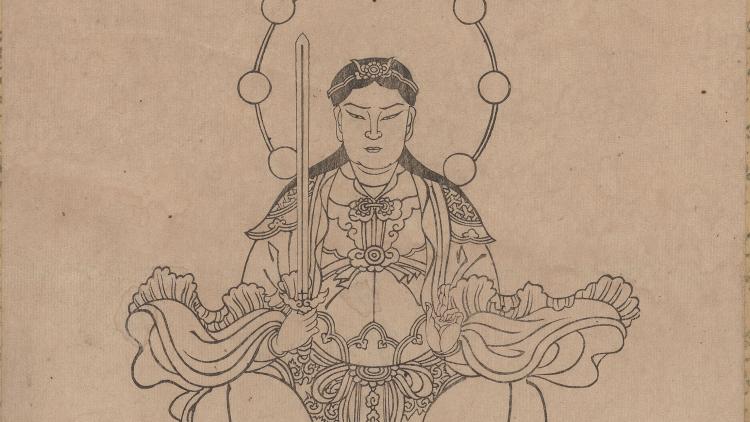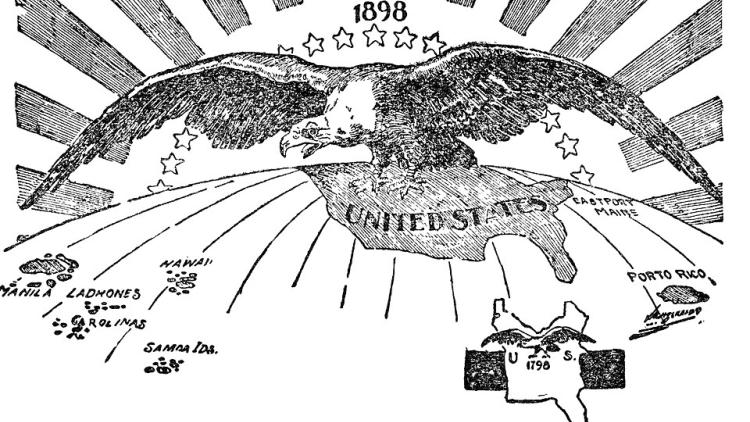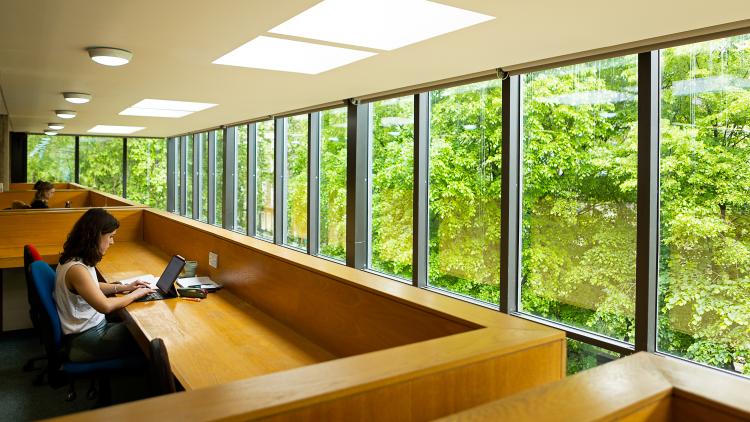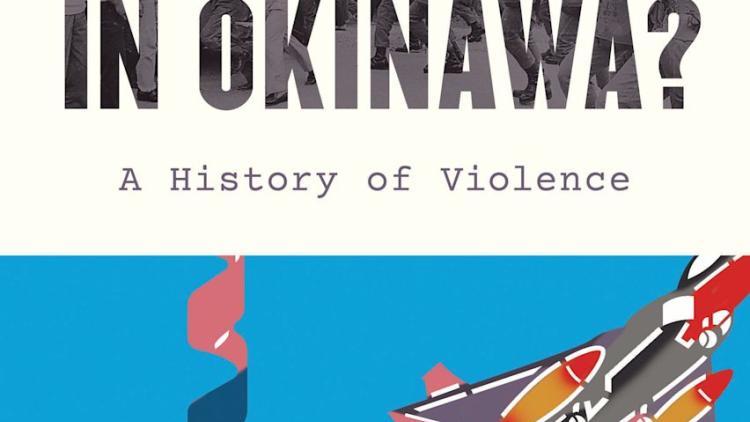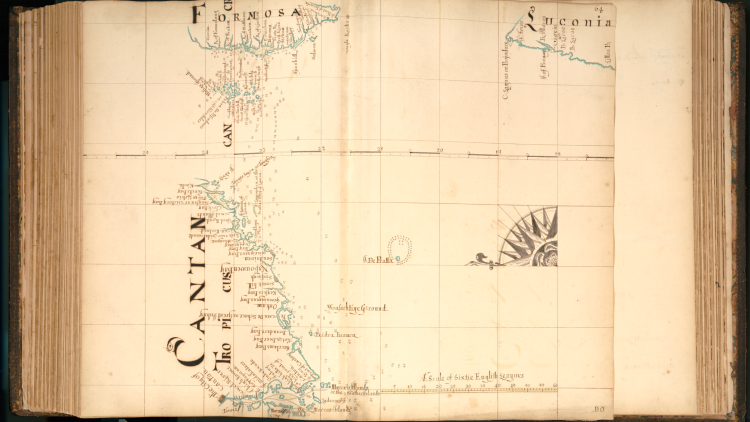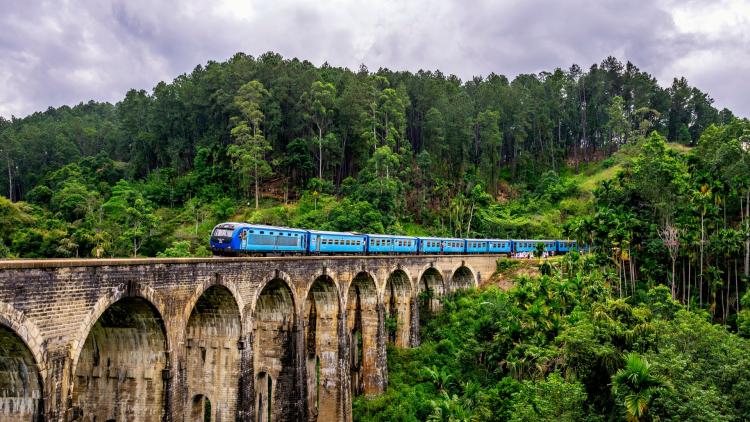MA Cultural Studies
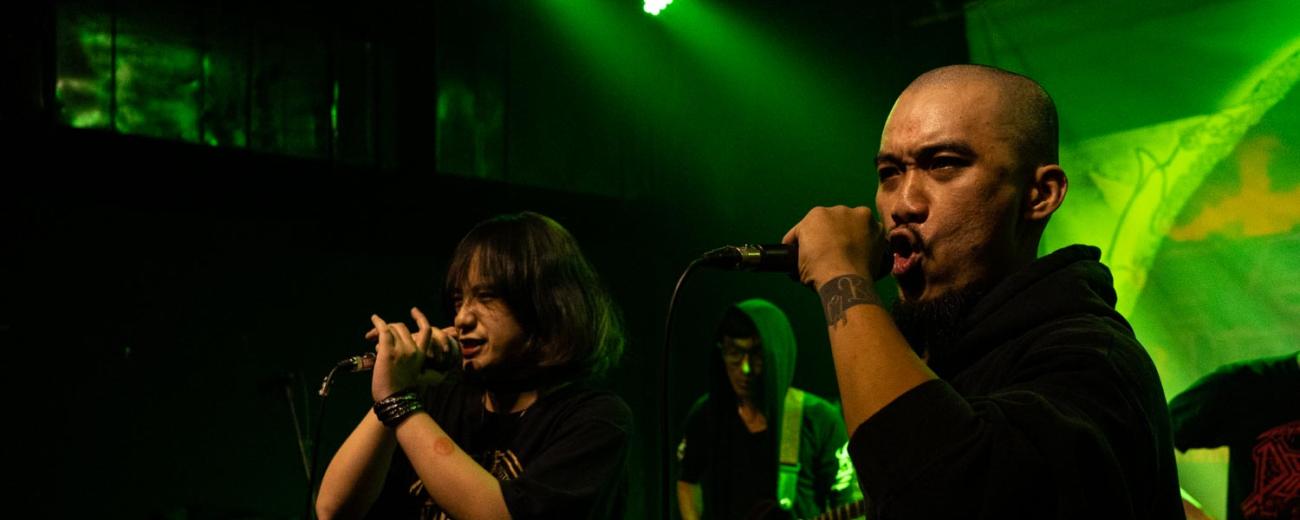


Key information
- Duration
- 1 year
- Start of programme
- September
- Attendance mode
- Full time or part time
- Location
- On Campus
- Fees
-
Home: £12,965
International: £25,320 - Course code
- PSO-CULSTD1FD, PSO-CULSTD2PD
- Entry requirements
-
We will consider all applications with a 2:2 (or international equivalent) or higher in social science of humanities subject. In addition to degree classification we take into account other elements of the application such as supporting statement. References are optional, but can help build a stronger application if you fall below the 2:2 requirement or have non-traditional qualifications.
See international entry requirements and English language requirements
Course overview
The MA Cultural Studies programme aims to offer grounding in the theories on Cultural Studies which draws on Marxism, Structuralism, Post-Structuralism, Post-Marxism, Feminism, and Post-Modernism and their use, application and adaption in the cross-cultural contexts of Africa, Asia and the Middle East.
It provides an examination of the main historical concepts in Western culture such as ideology, power, class, identity, race, nation, subjectivity, representation, and memory and how these are challenged by scholars working in non-Western cultures of Africa, Asia and the Middle East. The aim is to explore the different and plural cultural histories and memories of these contexts to which Cultural Studies must adapt.
Theoretical paradigms covered will reflect on issues of class, ‘race’, gender, sexuality, ethnicity, representation and religion. The course will investigate central questions of epistemology and methodology in relation to the application of Cultural Studies theories in non-Western contexts. The programme is theory and practice based and therefore, it draws on case studies from a diversity of cultural practices, genres and contexts to elucidate complex theoretical concepts and challenge their limitations and/or validity in the context of Asia, Africa and the Middle East.
The MA Cultural Studies programme aims to equip students with sufficient knowledge to understand and evaluate the way in which Cultural Studies theories and methods are used in cross-cultural contexts and hence develop analytic skills for undertaking their own research projects.
Why study MA Cultural Studies at SOAS?
- SOAS is ranked top 30 in the UK for Arts and Humanities (QS World University Rankings 2025)
- SOAS is ranked 7th in the UK for African and Middle Eastern Studies (Complete University Guide 2025)
- SOAS is ranked 6th in the UK for Asian Studies (Complete University Guide 2025)
- 13th in the UK for Modern Languages (QS World University Rankings 2025)
- Modern Languages and Linguistics at SOAS has been ranked 10th in the UK in the Research Excellence Framework (REF) 2021.
- 4th for research environment - with 100% of our research ranked as 'internationally excellent' and 85% as 'world-leading' - and 8th for research outputs in the REF 2021.
- Access comprehensive cross-regional expertise and gain an understanding of the interconnectedness of these regions in an increasingly globalised world.
- You will be eligible to apply for internships
Study Tours
All postgraduate students can take part in our Study Tours and explore the world. This year’s destinations are New Delhi, Lahore, Seoul, Luang Prabang, Almaty, Bishkek, Kigali, Johannesburg, and Doha. For more information, see our Study Tours page.
Structure
Students take 180 credits , 60 of which are a dissertation and a 120 from taught modules. You may take a 30 credit language acquisition module at appropriate level as one of your modules.
Important notice
The information on the programme page reflects the intended programme structure against the given academic session. If you are a current student you can find structure information on the previous year link at the top of the page or through your Department.
Please read the important notice regarding changes to programmes and modules.
Core
Compulsory
Guided options
Students must take a minimum of 60 credits from List A and upto a Maximum of 90 credits
Open options
Students can take up to 30 credits of open options from Departments and Schools across the University - including a wide range of language modules.
This year, more than 350 open options were available across all Departments.
Teaching and learning
One-year Masters programmes consist of 180 credits . 120 credits are taught in modules of 30 credits (taught over 20 weeks) or 15 credits (taught over 10 weeks); the dissertation makes up the remaining 60 units. The programme structure shows which modules are compulsory and which optional.
Contact hours
As a rough guide, 1 credit equals approximately 10 hours of work. Most of this will be independent study, including reading and research, preparing coursework and revising for examinations. It will also include class time, which may include lectures, seminars and other classes. Some subjects, such as learning a language, have more class time than others. At SOAS, most postgraduate modules have a one hour lecture and a one hour seminar every week, but this does vary.
More information is on the page for each module.
Learning outcome
Knowledge
- How to analyse and interpret cultural practices critically.
- How to apply a variety of critical theories to Asian, African and Middle Eastern cultural productions including film, media, literature, art, etc.
- How to explore a research topic and locate materials, use research sources (particularly research library catalogues and electronic databases) and other relevant traditional sources.
- How to develop a critical approach to Asian, African and Middle Eastern cultures in which students question the tenets of Western-derived theories and their applicability to non-Western contexts, and through a variety of approaches gain an understanding of the social and political role and function of and role of culture in Asian, African and Middle Eastern societies.
- The specificity of cultural paradigms of a region or regions of Asia/Africa and the Middle East.
- A thorough grounding in the theories and methodologies of Cultural Studies
Intellectual (thinking) skills
- Students are introduced to a number of theoretical approaches to cultural productions such as literature, film and media.
- Students are taught the importance of how theories raise questions about cultural products.
- Having successfully completed the programme, students will be able to:
- analyse cultural products in a systematic and creative way from a variety of perspectives
- research the data necessary for making cultural analytical judgements
- evaluate and apply independent research methods
- demonstrate originality in dealing with cultural studies issues
- successfully conduct an advanced independent research project
- formulate and test interpretations
- understand cultural studies practice and critically examine the social and political contexts of cultural production.
- Students will become aware of and think through problems involved when applying a mainly ‘Western’ body of literary theory to Asian, African and Middle Eastern cultures.
Subject-based practical skills
- Communicate effectively and analytically in writing on subjects related to cultural studies theories and their application in the contexts of Asia, Africa and the Middle East
- Retrieve, sift and select information from a variety of sources.
- Listen and discuss critically ideas introduced during seminars.
- Practice research techniques in a variety of specialized research libraries and institutes.
- Gain knowledge of Asian or African cultures
Transferrable skills
- Write good essays and dissertations.
- Structure and communicate ideas effectively both orally and in writing.
- Question the assumptions or theories and methodologies.
- Study a variety of written and digital materials, in libraries and research institutes of a kind they will not have used as undergraduates.
- Present assessed and non – assessed material orally.
SOAS Library
SOAS Library is one of the world's most important academic libraries for the study of Africa, Asia and the Middle East, attracting scholars from all over the world. The Library houses over 1.2 million volumes, together with significant archival holdings, special collections and a growing network of electronic resources.
Scholarships
| Title | Deadline date |
|---|---|
| Tibawi Trust Award | |
| Felix Non-Indian Scholarship | |
| Felix Scholarships | |
| Sasakawa Studentships |
Employment
Graduates of the School of Languages, Cultures and Linguistics leave SOAS not only with linguistic and cultural expertise, but also with skills in written and oral communication, analysis and problem solving.
Recent graduates have been hired by:
- Africa Matters
- Amnesty International
- Arab British Chamber of Commerce
- BBC World Service
- British High Commission
- Council for British Research in the Levant
- Department for International Development
- Edelman
- Embassy of Jordan
- Ernst & Young
- Foreign & Commonwealth Office
- Institute of Arab and Islamic Studies
- Middle East Eye
- Saïd Foundation
- TalkAbout Speech Therapy
- The Black Curriculum
- The Telegraph
- United Nations Development Programme
- UNHCR, the UN Refugee Agency
- Wall Street Journal
Find out about our Careers Service.
